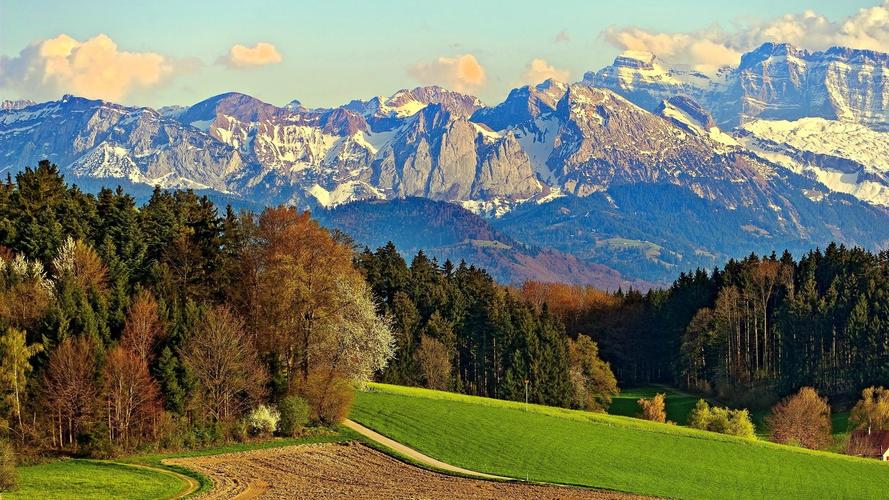Have you ever stopped to think about how human interactions can affect the relationships among organisms in ecosystems? It’s not something that is always at the forefront of our minds, but it’s an important concept to understand. When we interact with nature in various ways, we can alter the natural balance of the ecosystem. In this article, we’ll explore how human interactions can affect ecosystems and what we can do to preserve the delicate balance.
Human interactions can impact ecosystems in various ways. One of the most obvious ways is pollution. Everything from littering to dumping chemicals into the environment can have negative impacts on the ecosystem. For example, when chemicals and other pollutants are released into the water, it can cause harm to the organisms living there. This could lead to a decrease in the population of certain species, which, in turn, can cause a chain reaction throughout the entire ecosystem.
Another way that human interactions can affect ecosystems is through habitat destruction. As humans continue to develop and expand their cities and towns, they often do so at the expense of the natural environment. This can lead to the destruction of habitats, making it difficult for certain species to survive. For example, if a certain area of the forest is destroyed to make room for a new housing development, it could impact the animals that call that area home. This, in turn, can have ripple effects throughout the ecosystem.
Human interactions can also impact ecosystems in more subtle ways, such as through the introduction of non-native species. When humans introduce new species into an ecosystem, it can disrupt the natural balance. Non-native species may not have any natural predators in their new environment, allowing them to quickly spread and outcompete native species. This can lead to a decrease in biodiversity, which can have a negative impact on the entire ecosystem.
On the other hand, positive human interactions can also impact ecosystems. For example, conservation efforts can help preserve habitats and protect endangered species. There are also initiatives to reintroduce native species into habitats where they have been lost, helping to restore the natural balance of the ecosystem.
In conclusion, human interactions can have a significant impact on the relationships among organisms in ecosystems. Negative interactions such as pollution, habitat destruction, and the introduction of non-native species can cause harm to the ecosystem and its inhabitants. However, positive interactions such as conservation efforts and the reintroduction of native species can help preserve the balance of the ecosystem. It’s important that we continue to explore ways to minimize our negative impact and maximize our positive impact on ecosystems to ensure their survival for future generations.
(Note: Do you have knowledge or insights to share? Unlock new opportunities and expand your reach by joining our authors team. Click Registration to join us and share your expertise with our readers.)
Speech tips:
Please note that any statements involving politics will not be approved.
